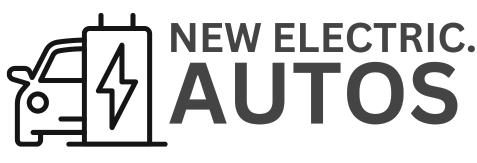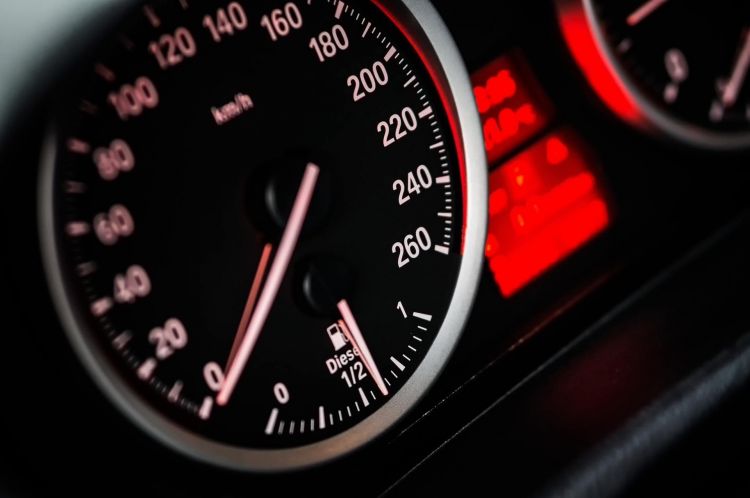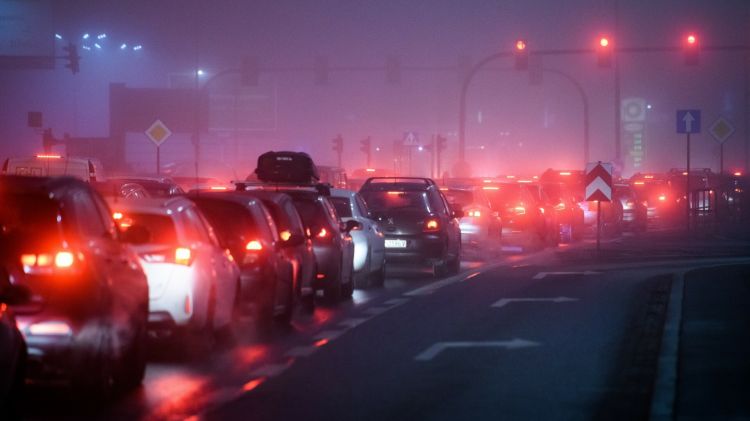For some time now we have seen how more and more products (including cars) are accompanied by tag lines such as green, eco, sustainable, climate neutral and a long etcetera – Do not confuse these messages with the legal treatment that is being made of environmental labels. We are also getting more and more messages about how this or that brand intends to achieve CO neutrality.2 in five or ten years.
The shadow of the so-called green washing hovers over many of these messages, commonly used in brand communication, and even in advertising campaigns and product names. That environmental arguments be used solely and exclusively as an argument to win over the customer, hiding that neither the product that is marketed, nor the processes under which it has been manufactured, are environmentally friendly.
In 2020, the European Commission set out to analyze 150 environmental claims on different products, finding that the majority (53%) provided “vague, misleading or unsubstantiated information”. Hence, the European Union has proposed a specific regulation that places limits on these environmental claims and, above all, that they can only be used on a well-founded basis, using objective data and a reference, and under standards that allow those environmental achievements to be accredited. (Reuters).
The European Union wants to put limits on the environmental claims launched by brands, to avoid deceiving the consumer and incurring in the so-called green washing
Suspicious environmental messages
Under suspicion, messages such as “climate neutral”, “offset 100% of CO2” and “carbon neutrality”, insofar as there are mechanisms that, such as emission bonds, although it is true, are beneficial for promoting efficiency practices and offering new lines of business to those companies that are really contributing to the compensation of emissions, can send misleading messages to customers.
As we told you before, The standard used and the reference point to launch claims such as “50% reduction in emissions by 2030” are also important. or a “50% reduction in water consumption by 2030”. If a brand does not provide us in which areas this emission or consumption reduction is going to be carried out and, above all, if the reference taken to achieve this reduction is not provided, the allegation has no foundation (Bloomberg).
The member countries of the European Union will have to regulate and impose sanctions on those brands that use unsubstantiated environmental messages, nor use a regulated methodology to accredit them.
According to euractivwhich has had access to a draft of the European Commission’s plan to end false, misleading, or unsubstantiated environmental allegations, the member countries of the European Union will have to regulate and monitor this type of messages, and impose sanctions that are “effective, proportionate and dissuasive” to brands from carrying out this type of environmental messages if they are not duly justified.
With the approval of this regulation, which is expected to be carried out throughout this year, the European Union expects that all messages used are based solely on legally recognized methodologies and the rest are strictly prohibited.






